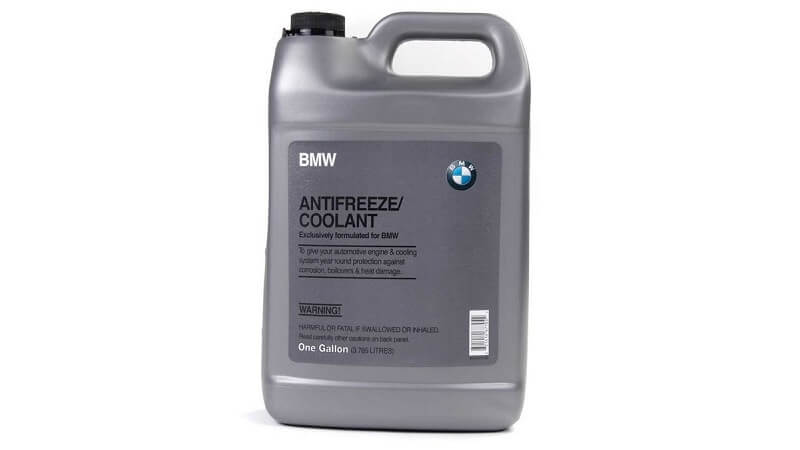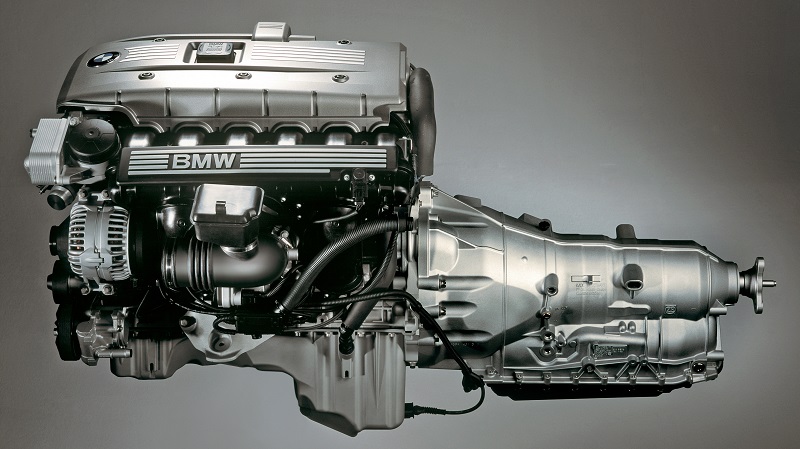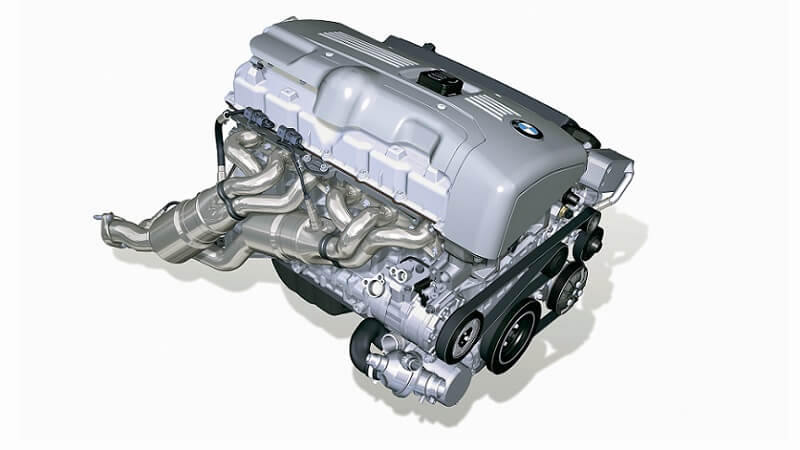In the first week of March 2022, BMW mentioned that it would soon issue a recall of nearly 1 million vehicles it had sold in the North American market. The large-scale recall concerns a fault within the Positive Crankcase Ventilation (PCV) system. More specifically, an electrical issue with the PCV valve heater may result in a short circuit, increasing the risk of a fire.
Several models produced between 2005 and 2013, from the 1-Series Coupe to the BMW X5 and multiple others in between, have been affected. In fact, this particular recall expands upon two prior attempts, in 2017 and 2019, to address the issue.
This short article has all the information you’ll need to tell if you own a car that may be a part of the recall, from what symptoms you should look out for to what steps BMW North America is taking to remedy the issue.
What is a PCV Valve?
For the uninitiated, a PCV valve is a crucial part of the exhaust system. This one-way valve ensures that exhaust gasses from the combustion chamber don’t leak into the crankcase. Exhaust gasses consist of a substantial amount of unburnt fuel. If they mix with the engine oil in the crankcase, it can form sludge that will deteriorate the engine components.
The PCV valve essentially takes the blow-by gasses from the crankcase and reroutes them back into the combustion chamber so they can be burnt. Apart from improving efficiency and preventing damage to the engine, it also reduces the number of harmful gasses that are released into the atmosphere.
What is a PCV Valve Heater?
The PCV Valve heater, as its name suggests, is a component that prevents the PCV valve and the blow-by gasses from freezing in cold ambient temperatures. Typically, this is either done with the help of engine coolant or electrically. In the case of modern-day BMWs, it’s the latter, and the PCV valve uses an electrical heating element that prevents it from freezing.
How Does a PCV Valve Heater Affect Performance?
As expected, the failure of the PCV Valve heater can inhibit the valve from working optimally. If the valve doesn’t open or close when it’s supposed to, it can no longer effectively channel the blow-by gasses back to the combustion chamber.
A faulty PCV valve can result in a rough idle, engine stuttering, a drop in performance, and a drop in fuel efficiency. If not rectified, long-term issues can include premature wear of the engine internals.
Why did BMW Issue a PCV Valve Heater Recall?
As per the report submitted to the NHTSA (National Highway Traffic Safety Administration), the “Positive Crankcase Ventilation (PCV) valve heater (blow-by-heater) may not have been produced by the supplier to specifications.”
The report mentions that “the PCV valve heater incorporates a heating element consisting of a copper tube, continuously supplied by electrical current, and a Positive Temperature Coefficient (PTC) element. Irregularities may have occurred in the supplier manufacturing process, which could lead to a short circuit at this location.”
Simply put, the heating element (produced by Mahle International GmbH) that is built into the PCV valve can malfunction. It can short-circuit and overheat, resulting in the melting of the part. Consequently, this increases the fire risk from within the engine compartment when the vehicle is running or shortly after it has been parked.
Interestingly, this isn’t the first (or second) time BMW has issued a recall over this particular issue. In 2017, it recalled around 740,000 cars to rectify the issue on cars produced between 2007 and 2011. In 2019, it added 184,000 vehicles produced in 2006 to the recall. These prior attempts to solve the problem did not yield satisfactory results, which is why this current one has been issued.
BMW states that it has not received any reports of accidents or injuries caused by the issue. However, multiple “thermal incidents” have occurred in the years leading up to this recall. The NHTSA reported more than one occurrence from 2019, 2020, and 2021, all on vehicles that had received remedies from the previous two recalls.
Which Vehicles Were Affected?
BMW has issued a recall for a total of 917,106 cars. These include the vehicles that were a part of the previous two recalls, in addition to 2012 and 2013 (with the same engine and PCV valve heater configuration) as a precautionary measure.
All the affected vehicles are powered by either the BMW N51 or N52 engines. These include:
- 2008-2013 BMW 1-Series Coupe/Convertible (128i)
- 2007-2013 BMW 3-Series Coupe (328i, 328xi, 328i xDrive)
- 2007-2010 BMW X3 (X3 3.0si, X3 xDrive30i)
- 2006-2011 BMW 3-Series Sedan (325i, 325xi, 328i, 328xi, 328i xDrive, 330i, 330xi)
- 2006-2012 BMW 3-Series Wagon (328i, 328xi, 328i xDrive)
- 2007-2013 BMW 3-Series Convertible (328i)
- 2006-2010 BMW 5-Series Sedan (525i, 525xi, 528i, 528xi, 530i, 530xi)
- 2006-2007 BMW 5-Series Wagon (530xi)
- 2007-2010 BMW X5 (X5 3.0si, X5 xDrive30i)
- 2006-2008 BMW Z4 Coupe (Z4 3.0si)
- 2006-2011 BMW Z4 Roadster (Z4 3.0i, Z4 3.0si, Z4 sDrive30i)
What Warning Signs Should You Look Out For?
The NHTSA report has stated that the Check Engine Light (CEL) should illuminate if something is wrong with the PCV valve heater. If the part has started to melt, occupants may also notice smoke from the engine compartment and the smell of burning plastic.
How Will BMW Rectify the Issue?
Unfortunately, BMW is yet to come up with a solution for the issue, and a “remedy is currently being developed.” Earlier, a spokesperson from the company said this was expected to happen by mid-2022, so it shouldn’t be too long until the manufacturer announces a solution. Once it’s ready, it will be enforced free of charge.
While the fix will likely include replacing the part with a redesigned iteration, it’s understandable that BMW is taking some time to make a public announcement. The company will want to extensively test any solutions to avoid any occurrences of it happening again, which is typically a lengthy process.
Owners who have already had the part replaced at their own expense before the recall notification may be eligible for reimbursement.
Should You Be Worried?
BMW was scheduled to start notifying affected owners on April 25, 2022, and you’re likely to have heard from the manufacturer or your local dealership if your car is a part of the recall. However, with the previous recalls, BMW North America prioritized fixing the issue on cars located in colder regions as they are at greater risk. So, if you’re located in the Southwest or someplace where it doesn’t get too cold, you may have to wait a little longer until the problem is resolved.
On the bright side, the company has said that customers can continue to drive their vehicles as needed but should pull over safely and call for help if they spot any of the symptoms mentioned above.







